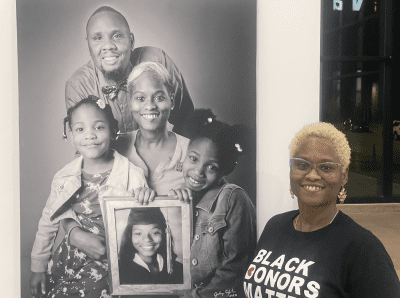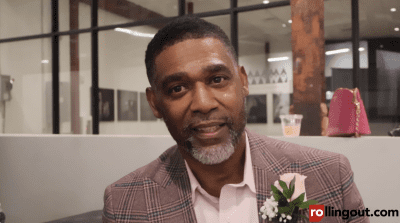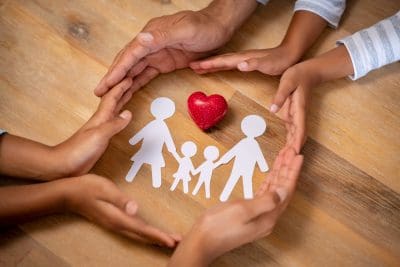Organ donation is a profound and selfless act that has the potential to transform lives in ways that many people may not fully understand. The idea that one organ donor can save multiple lives and improve the quality of others is both powerful and deeply moving. This article will explore the significance of organ donation, the impact it can have on recipients and the emotional and practical benefits for the families of donors and recipients alike.
The life-saving potential of organ donation
Organ donation is not just about giving one life-saving gift; it is about the ripple effect that one donor can have across many lives. A single donor can provide vital organs such as the heart, lungs, liver, kidneys, pancreas and intestines, each of which can save or drastically improve the life of a person in need. In fact, one donor can save up to eight lives through organ donation and enhance the lives of over 50 people through tissue donation.
Heart and lungs: These organs are critical for survival. A heart transplant can save someone suffering from severe heart disease, while lung transplants can help those with chronic respiratory conditions like cystic fibrosis or COPD.
Liver and pancreas: The liver can regenerate, making partial transplants possible. Liver transplants can save those with liver failure due to hepatitis or cirrhosis. The pancreas can help diabetics who struggle with insulin production.
Kidneys: Kidneys are in high demand, and one donor can provide kidneys to two different recipients, freeing them from dialysis and offering them a chance at a normal life.
Tissue donation: Donated tissues such as corneas, skin, heart valves, bones and tendons can enhance the quality of life for recipients, restoring sight, healing burns and repairing damaged tissues.
The emotional impact of organ donation
The decision to become an organ donor is often driven by a desire to make a positive impact on the world. For the families of donors, knowing that their loved one has helped save lives can provide a profound sense of peace and purpose during a time of immense grief.
Families of donors: The act of donation can offer solace, turning a tragic loss into a source of hope and renewal. Many families find comfort in the idea that their loved one’s legacy lives on through others.
Recipients and their families: For recipients, receiving an organ is a life-changing event that brings relief, joy and a second chance at life. The gratitude and emotional connection felt towards the donor and their family can be incredibly strong, fostering a sense of community and shared humanity.
Overcoming myths and encouraging organ donation
Despite the clear benefits of organ donation, misconceptions and fears still prevent many people from registering as donors. Addressing these myths is crucial for increasing donor numbers and saving more lives.
Myth 1: “Doctors won’t work as hard to save me if I’m a donor.” This is a common fear, but medical professionals are committed to saving lives, and the decision to donate organs is only considered after all life-saving efforts have been exhausted.
Myth 2: “My religion doesn’t support organ donation.” Most major religions support organ donation as an act of charity and compassion. It is advisable to speak with religious leaders to understand their stance.
Myth 3: “I’m too old or unhealthy to donate.” There is no age limit for organ donation, and medical professionals assess each potential donor individually to determine the viability of organs and tissues.
The process of organ donation
Understanding the organ donation process can demystify it and encourage more people to consider becoming donors. The process typically involves several key steps:
Registration: Individuals can register as organ donors through their local DMV, online registries or through medical facilities.
Medical assessment: Upon death, medical professionals assess the potential donor’s organs and tissues to determine suitability for transplantation.
Matching and transplantation: Suitable organs are matched with recipients based on medical need, compatibility and location. The transplantation surgery is performed by specialized medical teams.
Follow-up and support: Recipients receive ongoing medical care to ensure the success of the transplant, while donor families often receive support and counseling to cope with their loss.
A legacy of life and hope
Becoming an organ donor is a decision that reflects the best of human compassion and generosity. The ability of one donor to save multiple lives and improve others is a testament to the profound impact that each of us can have on the world. By dispelling myths, understanding the process and recognizing the emotional and practical benefits, more people can be encouraged to take this life-affirming step. Organ donation is not just about saving lives; it is about creating a legacy of hope, renewal and human connection that transcends the boundaries of life and death.
The choice to become an organ donor is a powerful one, and its effects ripple outward, touching the lives of recipients, their families and the broader community. It is a reminder that even in our final moments, we have the power to give the greatest gift of all: the gift of life.
This story was created using AI technology.












